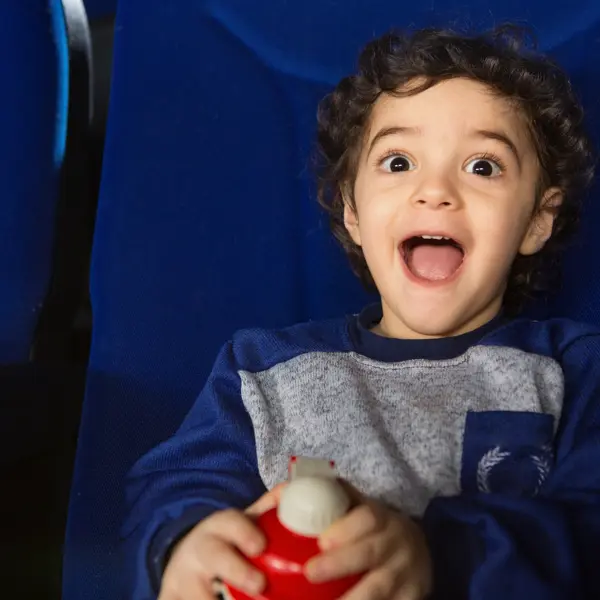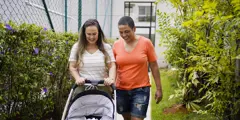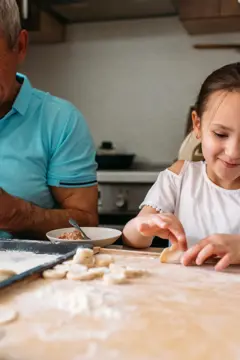Fostering is all about giving children and young people what they need to thrive.
Foster carers offer children a loving, stable and nurturing home while they cannot live with their own families. Being a foster carer is about caring and advocating for children, being someone that they can trust and talk to, and who will celebrate their achievements with them.
As well as providing day-to-day care for children and young people, foster carers will work with other professionals to support their educational, health and social wellbeing. This involves attending meetings and advocating for the children in the care. They will also keep records, manage sometimes challenging behaviour, and develop their own skills through training and experience.








